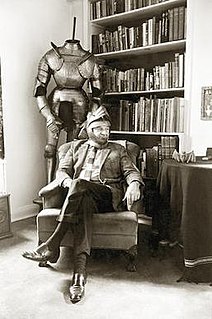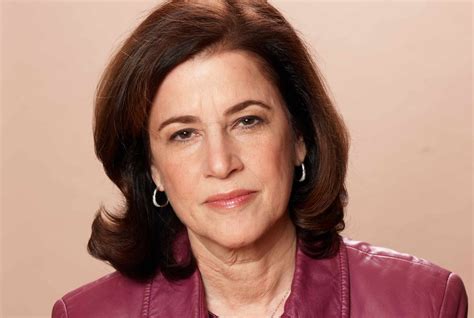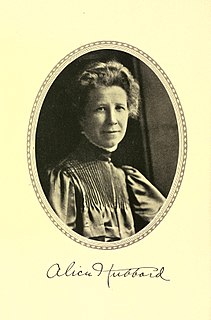A Quote by Charles Addams
Child of woe is wane and delicate... sensitive and on the quiet side, she loves the picnics and outings to the underground caverns... a solemn child, prim in dress and, on the whole, pretty lost... secretive and imaginative, poetic, seems underprivileged and given to occasional tantrums... has six toes on one foot.
Related Quotes
The colicky baby who becomes calm, the quiet infant who throws temper tantrums at two, the wild child at four who becomes seriousand studious at six all seem to surprise their parents. It is difficult to let go of one's image of a child, say goodbye to the child a parent knows, and get accustomed to this slightly new child inhabiting the known child's body.
I've always hate child stars, starting from way back when, when I was a child. The first child star I saw was Shirley Temple. She was six years old, two foot six and the biggest star in Hollywood. She wore ribbons in her hair, and frilly little pinafores and shiny patent-leather tap shoes - just like the boys in Glee do.
When we believe in our child fully, we trust that they are doing the very best they can at every moment, given their age, past experience and present circumstances. It is this kind of trust that I mean when I talk about parenting being on their child's side. Having someone dependably 'on their side' is absolutely critical if a child is to grow into adulthood with a generous capacity for love and trust. If we aren't on their side, who will be?
As Anna Freud remarked, the toddler who wanders off into some other aisle, feels lost, and screams anxiously for his mother neversays "I got lost," but accusingly says "You lost me!" It is a rare mother who agrees that she lost him! she expects her child to stay with her; in her experience it is the child who has lost track of the mother, while in the child's experience it is the mother who has lost track of him. Each view is entirely correct from the perspective of the individual who holds it .
Among other things, I'm thinking "I'm a child of God." That's amazing. And "I'm not only a child of God, but God loves me." The hardest part for me is to realize that while God loves me, and I am a child of God, I have to see the bigot and the brute and the rapist, and whether he or she knows it or not, I have to know that that person is a child of God. That is part of the responsibility - and it's hard.
A child is not a Christian child, not a Muslim child, but a child of Christian parents or a child of Muslim parents. This latter nomenclature, by the way, would be an excellent piece of consciousness-raising for the children themselves. A child who is told she is a 'child of Muslim parents' will immediately realize that religion is something for her to choose -or reject- when she becomes old enough to do so.
Always the idea of unbroken quiet broods around the grave. It is a port where the storms of life never beat, and the forms that have been tossed on its chafing waves lie quiet forevermore. There the child nestles as peacefully as ever it lay in its mother's arms, and the workman's hands lie still by his side, and the thinker's brain is pillowed in silent mystery, and the poor girl's broken heart is steeped in a balm that extracts its secret woe, and is in the keeping of a charity that covers all blame.
I do not mean to call an elephant a vulgar animal, but if you think about him carefully, you will find that his nonvulgarity consists in such gentleness as is possible to elephantine nature-not in his insensitive hide, nor in his clumsy foot, but in the way he will lift his foot if a child lies in his way; and in his sensitive trunk, and still more sensitive mind, and capability of pique on points of honor.



































